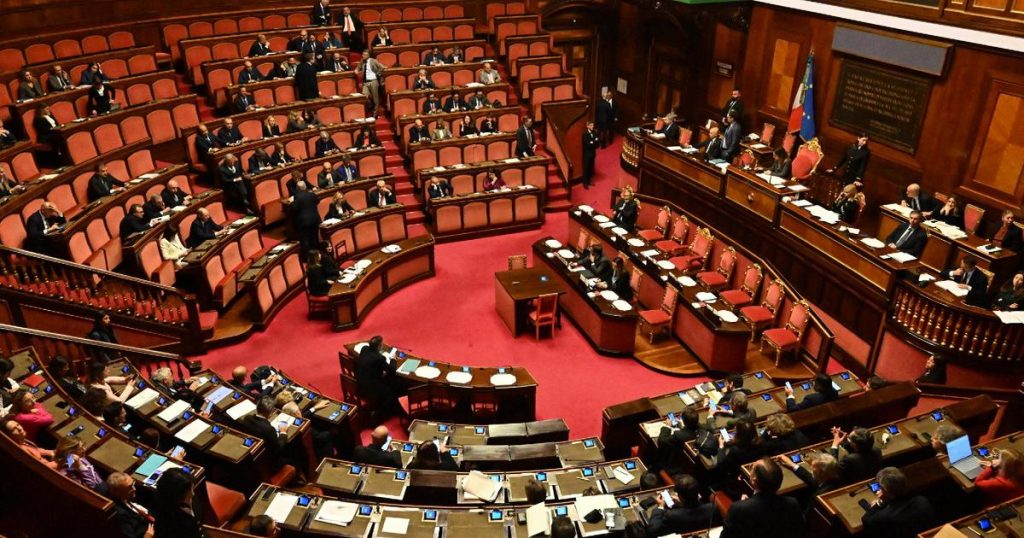The Constitutional Court has found that the question of constitutionality of the entire law on the differentiated autonomy of ordinary regions was not well-founded, but has instead deemed specific provisions of the legislative text to be illegitimate. The principle of subsidiarity was cited by the Court, stating that devolution should be limited to specific legislative and administrative functions and must be justified in relation to each individual region. Also deemed unconstitutional was the delegation of legislative power for the determination of Essential Levels of Care (LEP) lacking suitable guidelines, which would effectively place substantial decision-making power in the hands of the Government, limiting the constitutional role of Parliament. The possibility of modifying the rates of revenue-sharing from state taxes through ministerial decree was also rejected, as it could potentially reward inefficient regions.
Minister for Regional Affairs and Autonomies Roberto Calderoli stated that while the Constitutional Court’s decision affirmed that the law on differentiated autonomy is in line with the Constitution as a whole, they will wait for the rationales of the sentence to assess whether any corrections are needed. The Court highlighted that differentiated autonomy should aim to improve the efficiency of public institutions, strengthen political accountability, and better meet the expectations and needs of citizens. Calderoli emphasized that the ruling will not affect ongoing negotiations with the regions, which will continue in the coming weeks.
The Court examined appeals from the regions of Puglia, Tuscany, Sardinia, and Campania, as well as the Prime Minister’s defense and intervention by the Lombardy, Piedmont, and Veneto regions. The extension of the Autonomy Law to regions with special statute was deemed unconstitutional by the Court, emphasizing the need to interpret the Constitution in the context of the Italian State’s form, which recognizes unity, solidarity among regions, equality, and protection of citizens’ rights. The distribution of legislative and administrative functions between the State and regions should aim for the common good and uphold constitutional principles.
The constitutional validity of allowing ministerial decrees to adjust revenue-sharing rates, optional participation of regions in public finance goals, and determining Essential Levels of Care through a decree by the Prime Minister were all identified as unconstitutional by the Court. The autonomy granted to regions should fulfill the purposes of improving public administration efficiency, ensuring political accountability, and addressing citizens’ needs. The need for Parliament to address the voids identified by the Court was emphasized to ensure the full functionality of the law on differentiated autonomy. The Court retains the authority to review the constitutionality of differentiated laws if challenged directly or incidentally.
Despite the satisfaction expressed by the center-left regarding the reservations raised about the reform of differentiated autonomy, uncertainty remains about the fate of the referendum questions. The possibility of the referendum proceeding may be hindered by potential legislative changes or the failure to address the issues highlighted by the Constitutional Court. Despite the challenges, Italia Viva has expressed its intention to proceed with the referendum as a means to challenge the government. Various parties, including Avs, M5s, Calenda, and the Pd, celebrate the Court’s decision as a setback to the Calderoli reform and its architect. The rejection of many parts of the Autonomy Law by the Court has been met with amusement and criticism from opposition figures, highlighting the contentious nature of the issue.


